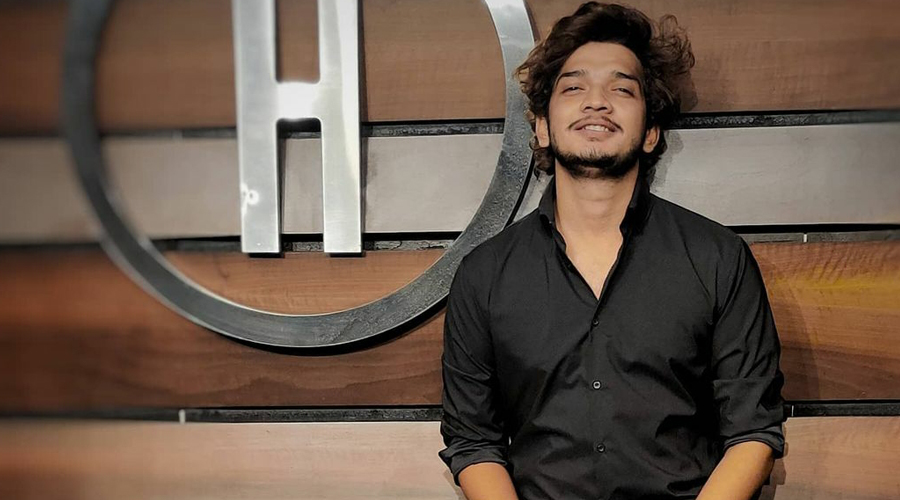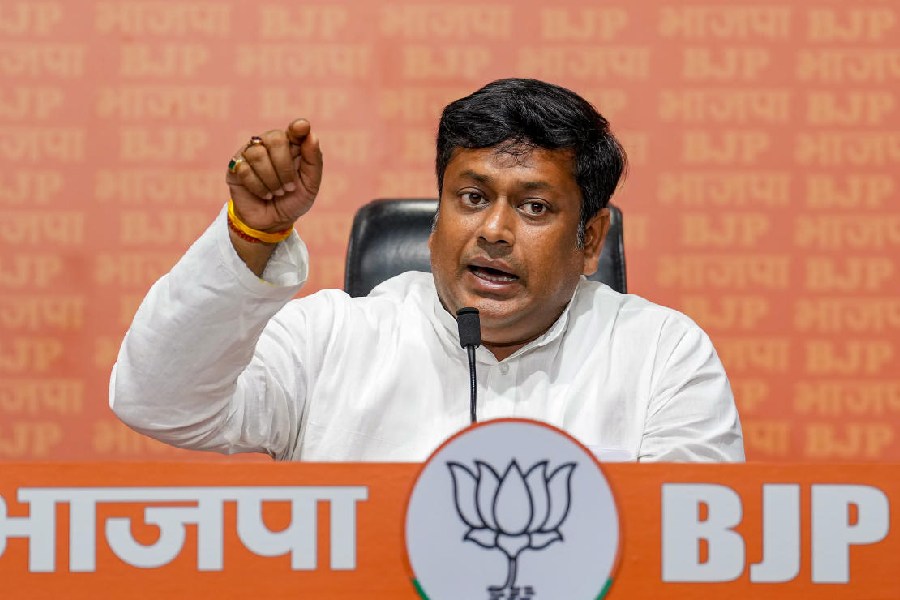Laughter, a medicine that should lighten the heart, can taste bitter to some. Responding to the Supreme Court’s notice on petitions for contempt proceedings on the charge of ridiculing the court in tweets, the comedian, Kunal Kamra, did not apologize, since jokes need not be defended. Instead, his affidavit addressed the role of comedy and satire in a democracy, claiming that to place any institution of power in a democracy above criticism was like asking migrant workers to find their way home during an ill-planned lockdown. Mr Kamra also laid emphasis on the stature of the Supreme Court. The complaint that Mr Kamra’s tweets would diminish people’s faith in the court was mistaken, because public respect for the court came from the court’s actions and not from criticism and commentary. Although this could be a veiled glance at the court’s sensitiveness, Mr Kamra said with impeccable humility that to think his tweets could shake the foundations of the greatest court in the world was an overestimation of his abilities.
Irreverence and hyperbole are intrinsic to the comedic project which, while comforting the afflicted and afflicting the comfortable — presumably by exposing the clay feet of power — brings attention to bear on thorny issues with brevity, wit, laughter and satire. This is the comedian’s unique method of pointing to problems of public relevance. Mr Kamra’s response was a reminder of comedy’s function in repressive regimes through history. Stand-up comedy, parodic plays, rip-roaring farce and even cabaret — all have at different times shown up the emperor’s lack of clothes. No constitutional authority can be protected from jokes, said Mr Kamra, just as no one was prevented from discharging their duty, not even judges, by being targets of comedy and satire.
But at a time when intolerance of criticism had turned taking offence into a national sport, laughter, the best medicine, was bound to taste bitter. By alluding to the fundamental values of a democracy, Mr Kamra’s affidavit showed up the conditions behind this distortion. Freedom of speech and expression, a constitutional right, held the possibility of offence — a comment that implied the inclusive, tolerant, accommodating spirit of democracy. Restraining this freedom would result in “incarcerated artists” and “flourishing lapdogs”, according to Mr Kamra, whose examples of such restraining — one was Kashmir — were as withering as his phrases.
These proceedings go beyond one particular case of contempt. Laughter criticizes and cures by exposure and inversion; it fights excess. Over-sensitiveness to criticism, and hence the stifling of humour, is a sign of insecurity and brittleness, characteristics of those who aspire to create total compliance and rule with unquestioned power. Even the suspicion of laughter is stifled: a detained comedian, Munawar Faruqui, had to go to the Supreme Court just for interim bail. Humour, being the manifestation of a sense of proportion, is an attack on unreason. Muzzling laughter would be to let unreason win.










